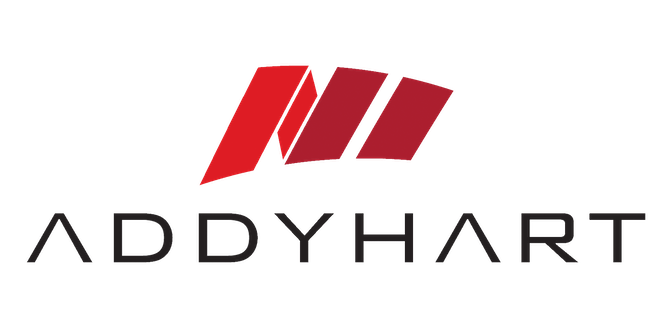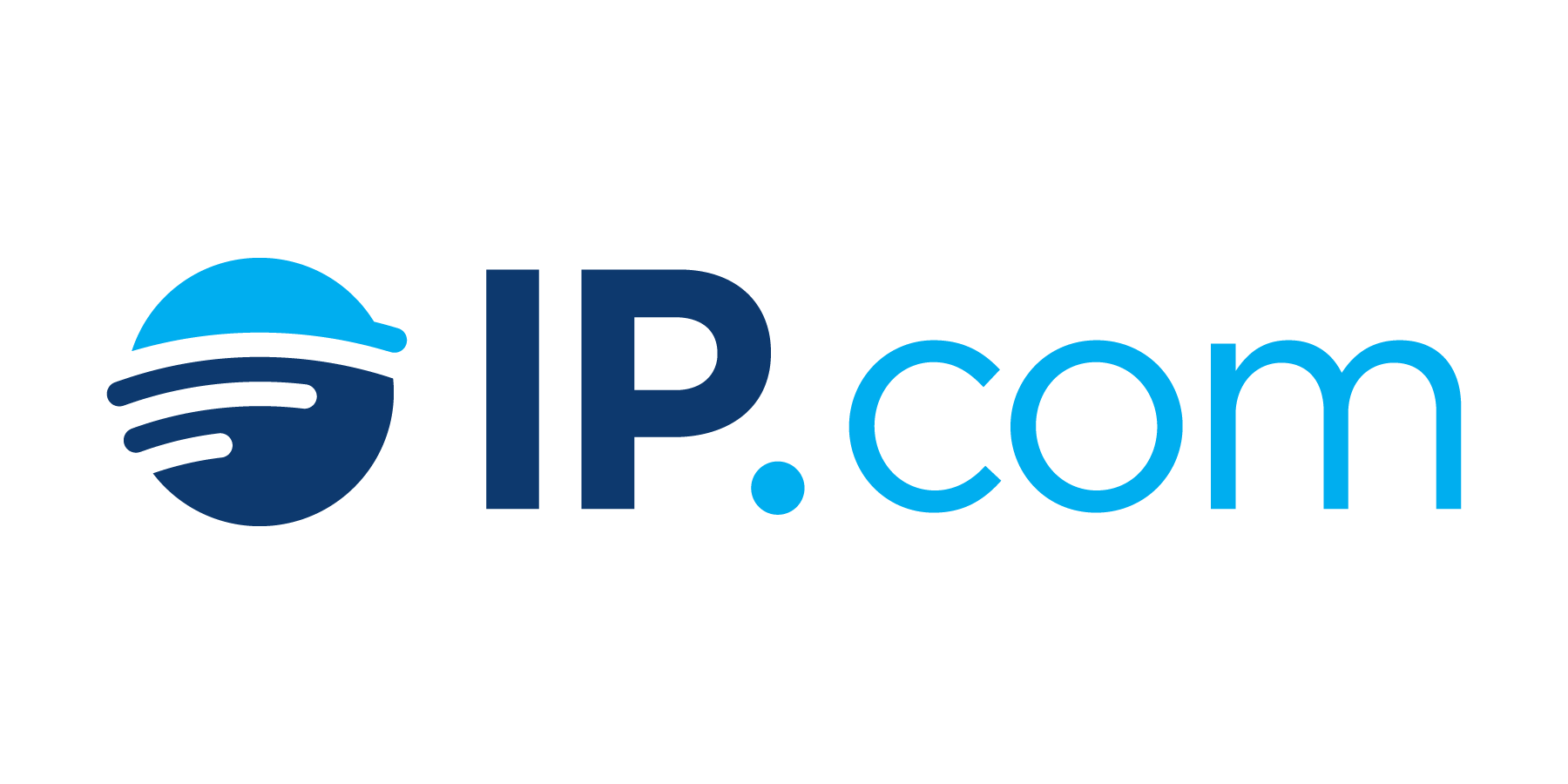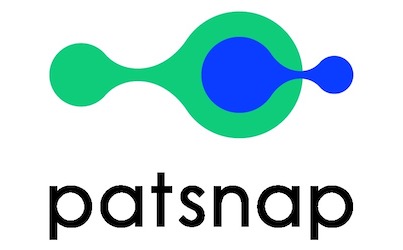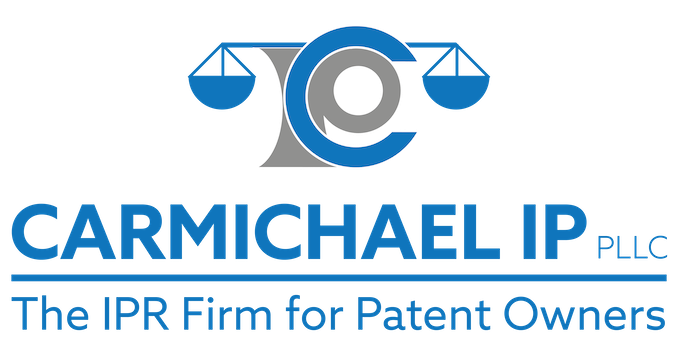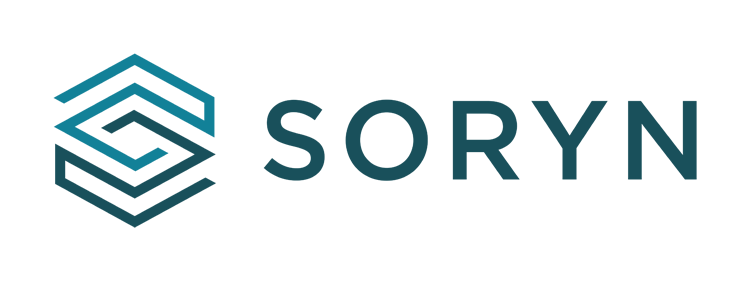
Breakout Session
Protecting Proprietary Information in a Digital World
September 12, 2022 @ 3:30 PM CST – AddyHart Ballroom
3:30 PM CT
September 12, 2022
Protecting Proprietary Information in a Digital World
 Several years ago, a court found that a startup company providing life insurance quotes to consumers had created its database – the engine of its business – by taking data from an existing company that had built theirs from scratch. The new company didn’t break in and steal the whole thing. Instead, it used robotic software to “scrape” the information from original website, by pretending to be a member of the public – actually by pretending to be 43 million members of the public, which is how many rate quotes they were able to extract in only four days. Having pumped out all that data, they were able to understand the competitor’s system and replicate it.
Several years ago, a court found that a startup company providing life insurance quotes to consumers had created its database – the engine of its business – by taking data from an existing company that had built theirs from scratch. The new company didn’t break in and steal the whole thing. Instead, it used robotic software to “scrape” the information from original website, by pretending to be a member of the public – actually by pretending to be 43 million members of the public, which is how many rate quotes they were able to extract in only four days. Having pumped out all that data, they were able to understand the competitor’s system and replicate it.
More recently, Southwest won a preliminary injunction against flight website Kiwi.com to stop it from posting the airline’s fares. The injunction stops Kiwi.com from scraping fare data, displaying tickets, and selling Southwest flights.
How do we balance the rights of those who want to make useful information available in limited ways against those who claim the right to use what can be found in plain sight? What can owners of collections of useful data do in order to keep control of their competitive advantage?
Join Mike Wilson, lead counsel representing Southwest in the aforementioned case, and trade secret expert James Pooley in this wide-ranging conversation about protecting valuable proprietary information online in the digital age.
Materials*
* A Note on Materials: We apply for MCLE, which requires substantive writing on the topic covered. The materials provided below, often published by IPWatchdog.com authors and contributors, relate to the topic but are not intended to pigeon-hole guest speakers in any way. They are hopefully informative, and the articles we select have to date always been sufficient to satisfy MCLE authorities.
Several years ago, a court found that a startup company providing life insurance quotes to consumers had created its database – the engine of its business – by taking data from an existing company that had built theirs from scratch. The new company didn’t break in and steal the whole thing. Instead, it used robotic software to “scrape” the information…




